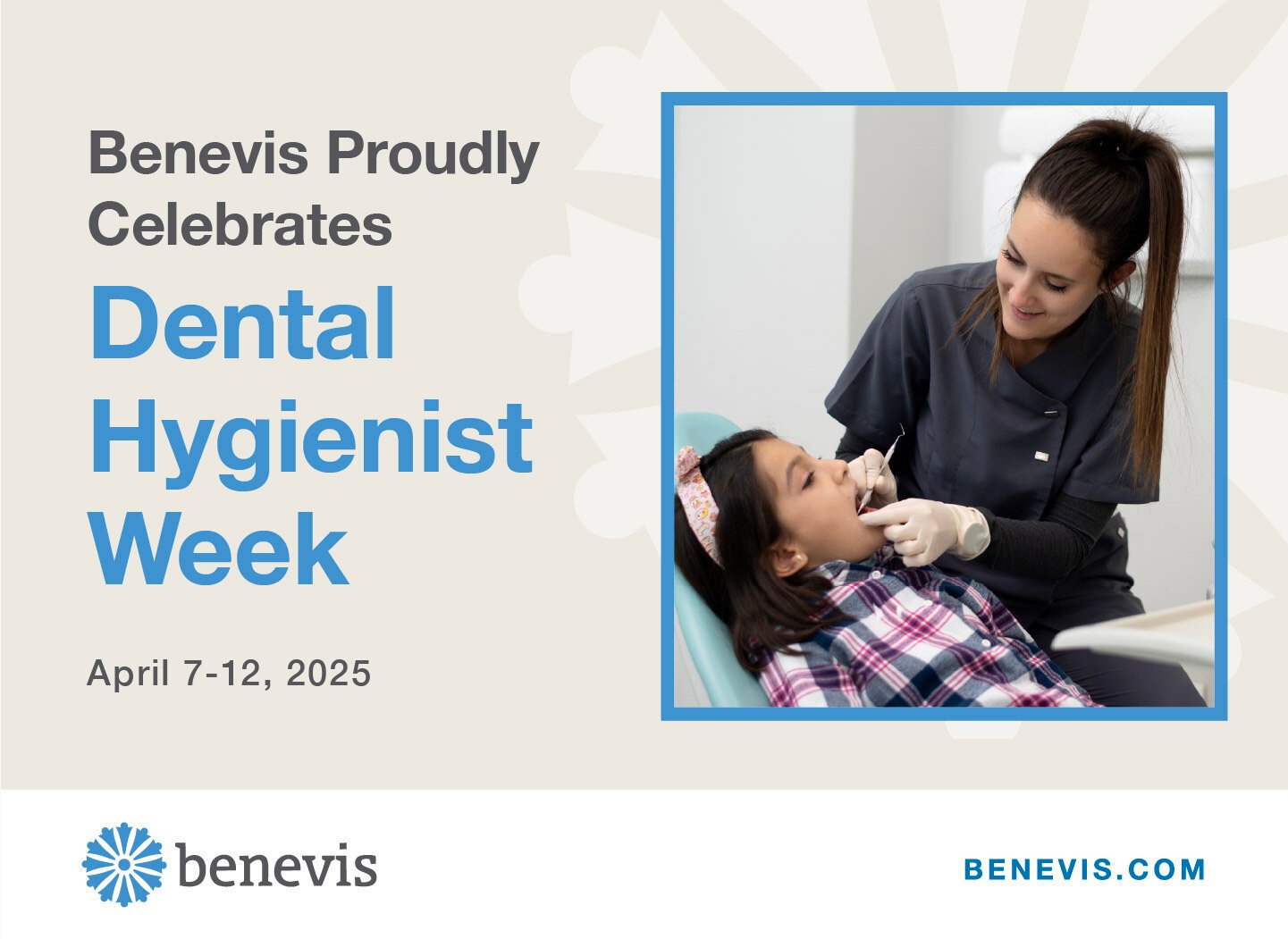What Are The Requirements To Be A Dental Hygienist?
Pursuing a position as a dental hygienist is becoming increasingly popular, with even more projected growth in this career field in upcoming years. This rising profession offers an excellent career path for anyone who wants a critical role in healthcare and oral hygiene.
Dental hygienists play a key role in patients’ oral health by screening for oral disease and decay, completing dental cleanings, performing x-rays, and educating about oral hygiene and preventive care.
With an above-average job outlook, a median salary of over $77,000, and opportunities for part-time or full-time work, dental hygienist positions are a promising prospective career path in the healthcare field.
Here’s everything you need to know about the required education, training, and qualifications to become a dental hygienist.
Dental Hygienist Requirements
Education
Aspiring dental hygienists will need to earn an associate’s degree from an accredited dental hygienist program.
These programs take 2 to 3 years to complete and include classroom-based education, laboratories, and hands-on clinical experience.
Prospective dental hygienist students can find these associate programs at dental schools, technical schools, community colleges, and numerous in-person or online colleges and universities. They must ensure the program they have chosen is an accredited dental hygienist program. An accredited program refers to a program that’s been officially recognized or authorized by Commission on Dental Accreditation (CODA). CODA is the only agency that the U.S. The Department of Education has approved accreditation of dental hygienist programs.
While advanced degrees aren’t typically required to become a dental hygienist, obtaining a bachelor’s degree can be beneficial in moving up in the field or securing a position in a more specialized area. A bachelor’s or master’s degree is also usually required for positions outside of the dentist’s office, such as in research or teaching.
State License
All states require dental hygienists to become licensed before working in a clinical setting.
Obtaining this license includes passing a written test and clinical exam, although specific requirements for dental hygienists vary based on the state where they work. License renewal every 1–3 years and continuing education requirements are generally needed to maintain this license.


